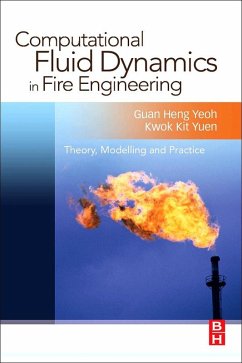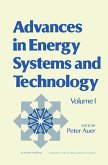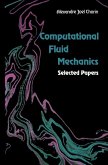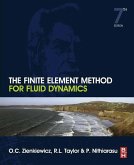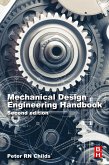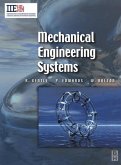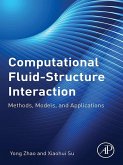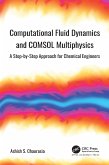Fire and combustion presents a significant engineering challenge to mechanical, civil and dedicated fire engineers, as well as specialists in the process and chemical, safety, buildings and structural fields. We are reminded of the tragic outcomes of 'untenable' fire disasters such as at King's Cross underground station or Switzerland's St Gotthard tunnel. In these and many other cases, computational fluid dynamics (CFD) is at the forefront of active research into unravelling the probable causes of fires and helping to design structures and systems to ensure that they are less likely in the future.
Computational fluid dynamics (CFD) is routinely used as an analysis tool in fire and combustion engineering as it possesses the ability to handle the complex geometries and characteristics of combustion and fire. This book shows engineering students and professionals how to understand and use this powerful tool in the study of combustion processes, and in the engineering of safer or more fire resistant (or conversely, more fire-efficient) structures.
No other book is dedicated to computer-based fire dynamics tools and systems. It is supported by a rigorous pedagogy, including worked examples to illustrate the capabilities of different models, an introduction to the essential aspects of fire physics, examination and self-test exercises, fully worked solutions and a suite of accompanying software for use in industry standard modeling systems.
· Computational Fluid Dynamics (CFD) is widely used in engineering analysis; this is the only book dedicated to CFD modeling analysis in fire and combustion engineering
· Strong pedagogic features mean this book can be used as a text for graduate level mechanical, civil, structural and fire engineering courses, while its coverage of the latest techniques and industry standard software make it an important reference for researchers and professional engineers in the mechanical and structural sectors, and by fire engineers, safety consultants and regulators
· Strong author team (CUHK is a recognized centre of excellence in fire eng) deliver an expert package for students and professionals, showing both theory and applications. Accompanied by CFD modeling code and ready to use simulations to run in industry-standard ANSYS-CFX and Fluent software.
Computational fluid dynamics (CFD) is routinely used as an analysis tool in fire and combustion engineering as it possesses the ability to handle the complex geometries and characteristics of combustion and fire. This book shows engineering students and professionals how to understand and use this powerful tool in the study of combustion processes, and in the engineering of safer or more fire resistant (or conversely, more fire-efficient) structures.
No other book is dedicated to computer-based fire dynamics tools and systems. It is supported by a rigorous pedagogy, including worked examples to illustrate the capabilities of different models, an introduction to the essential aspects of fire physics, examination and self-test exercises, fully worked solutions and a suite of accompanying software for use in industry standard modeling systems.
· Computational Fluid Dynamics (CFD) is widely used in engineering analysis; this is the only book dedicated to CFD modeling analysis in fire and combustion engineering
· Strong pedagogic features mean this book can be used as a text for graduate level mechanical, civil, structural and fire engineering courses, while its coverage of the latest techniques and industry standard software make it an important reference for researchers and professional engineers in the mechanical and structural sectors, and by fire engineers, safety consultants and regulators
· Strong author team (CUHK is a recognized centre of excellence in fire eng) deliver an expert package for students and professionals, showing both theory and applications. Accompanied by CFD modeling code and ready to use simulations to run in industry-standard ANSYS-CFX and Fluent software.
Dieser Download kann aus rechtlichen Gründen nur mit Rechnungsadresse in A, B, BG, CY, CZ, D, DK, EW, E, FIN, F, GR, HR, H, IRL, I, LT, L, LR, M, NL, PL, P, R, S, SLO, SK ausgeliefert werden.

